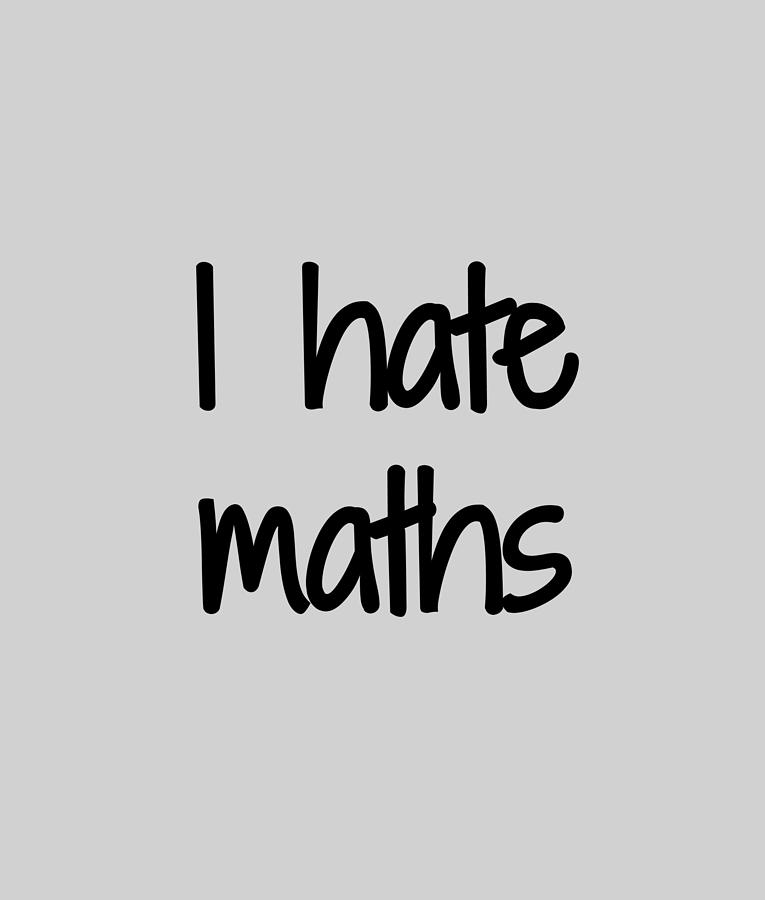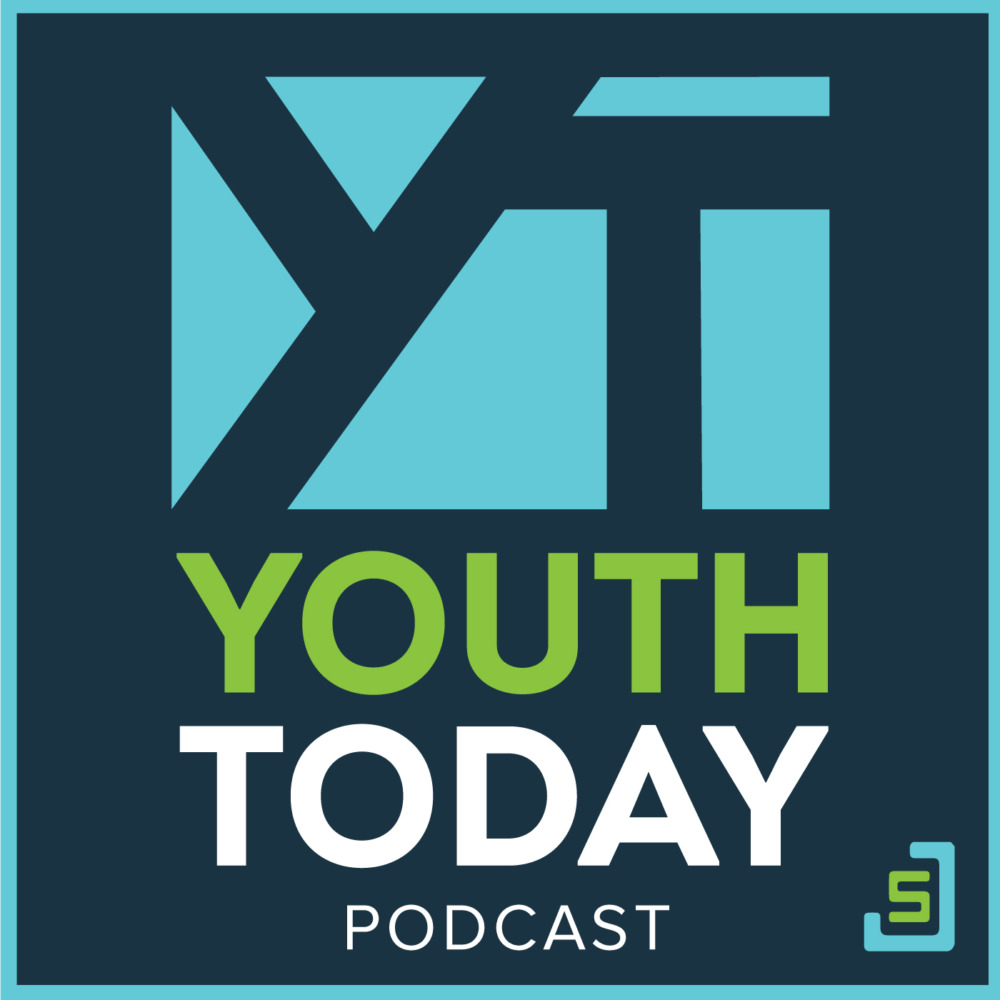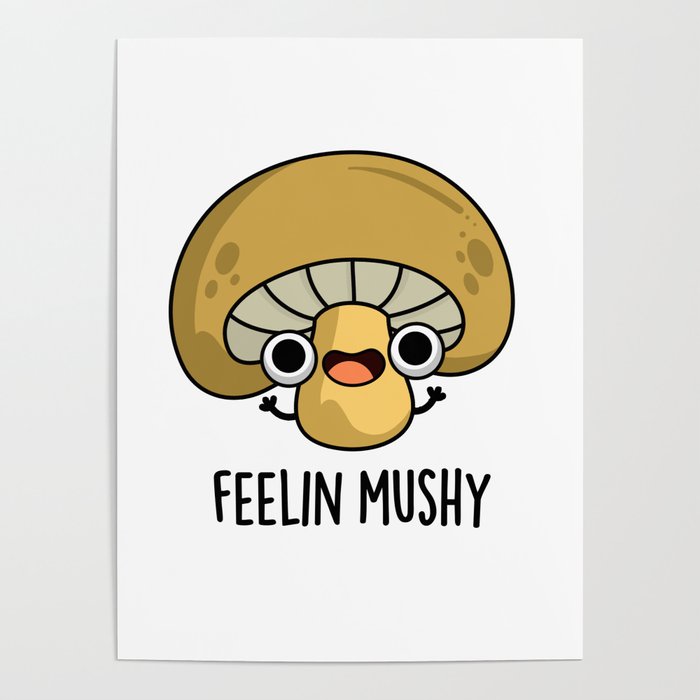 MyScore privileges a different site and source of knowledge.
MyScore privileges a different site and source of knowledge.It makes the student the expert, not the teacher. Not the parent. Not the researcher. What does that mean?
A DIFFERENT KIND OF RESEARCH
If I learn that the children are not hopeful about the future, and I narrow it down to specifics. I discover they have less hope about being successful at school, but more hope about making friends. That too is useful knowledge. I can shape a more hope-inducing curriculum. The approach clearly makes the researcher the expert of the knowing. He has the interpretive tools to know what to look for and how to act on what he learns.
 POWER TO KNOW AND ACT
POWER TO KNOW AND ACTSurely this arrangement is more than just about knowledge. It is about power too. It is about who knows enough to act and who knows enough to interpret. Two questions go unasked.
1.What is the role of the student who is surveyed here?
One is only exercising the power to be known, to be the teller. How they come to know what they know is not of interest.
The other is exercising the power to know, and to tell what they are told in an authoritative context. All power resides on that side of the equation.
That researcher turns into a professor who gives a lecture on depression in teens, but no teens are heard. The student is the source but never seen as the creator or agent of his own self knowledge, nor even the expert in that knowledge. He or she is just one more sample. This is the colonial project of knowledge. The larger the sampling size, the data becomes more reliable for the researcher but it reduces the student to one shrinking data point among 100’s or 1000’s or even millions, not a person. The larger the sample grows, the smaller the person becomes.
______________________________________________________________________________________
 ALIENATION OF THEIR EXPERTIZE
ALIENATION OF THEIR EXPERTIZE
The researcher is the expert. The point of responsibility rests with him. As a scientist, he builds in tools of interpretation to specify why something might be happening, and differentiate it from some other case where it is not happening. That interpretation of the scientist is privileged. He gets the answers to the questions he has determined are the ones to ask.
The subjective experience or interpretation of the subject, of her own experience is more often than not discounted as unreliable, too biased, too inconsistent. Only Test scores are hard evidence. We need the facts. Feelings are too fleeting, and too amorphous. But their impact as anyone knowing the field of EQ knows, is too momentous to ignore.
_____________________________________________________________________________________________________________
 THE EFFECT BECOMES THE CAUSE
THE EFFECT BECOMES THE CAUSE
The student feeling that “the math exam is always too hard” is irrelevant, or seen as the logical result of her habit of failing rather than treated perhaps as the cause of her failing. The inner feelings are the result of failing. But what if the inner feelings over time become the cause of the failing. Then, no remedial classes are going to be of much use. The outer result- failing the exam- is the outcome of an inner state,( feeling I am a loser) a state that resides in the mood and beliefs of the student about themselves when they come to exams. If the educational enterprise treats self-affect and self-belief as irrelevant or merely the symptom of the problem and not the cause, they might have something disastrously mixed up and wrong. With that assumption, too many teachers and parents embark on solutions that inflict cycles of futility on their students.
Putting it simply, The subject is the object of the knowledge, not the expert in the knowledge. The student’s role is to be known. The researcher’s role is to know.
What if we reversed that? That is the revolution that gives birth to MyScore.
_______________________________________________________________________________________________________
WHAT HAPPENS OUTSIDE IS SHAPED BY WHAT HAPPENS INSIDE
MyScore is framed a different way- it wants to make the student the expert and to empower the student in their self guided and self-driven quest for self-knowledge. The administrator of MYSCORE is not interested in nailing down any one hypothesis so much as giving the student the feel and the respect that they are the experts in knowing how they feel about themselves, and that this knowing is open ended. There does not have to be any one answer.
THE FIVE QUESTIONS
MyScore asks five simple questions that do not come from high science. They come more from common sense, so that it is as useful and usable to use for an 8 year old as an 80 year old. This is about knowledge more akin to wisdom than to technical aptitude. We summarize them as the 5 Cs.
CONFIDENCE – How confident do you feel?
CURIOSITY – How excited are you about learning?
COLLABORATION– How well do you get along with others?
COURAGE– How do you cope when things get hard?
CAREER/FUTURE FOCUS – How hopeful are you about the future?
Each student is asked to rank each C on a scale of 1-5, with 1 being low and 5 bring high.
You come to school not feeling confident. You know that in your body, but do you know why? No. Someone who notices is bound to ask “What is the matter?” Your answer usually is a hunch, or a dis-invite. How does anyone really know? There could be lots of reasons or no reasons you can grasp then and there, but the mood infects the moment. A kid in middle school might have these moods every 30 minutes.
Lesson One in the day, the teacher asks you to answer a history question and that is how you are feeling, Low on C-1, you are going to stumble, go red in the face and feel like a total loser. It may matter why you are feeling that way, but in this encounter, it matters HOW more than why. This is where you are showing up now. If the teacher had a way of knowing, he could thereby be more sensitive to your mood and respect that this is what you know about yourself in that moment. You know you are not disposed to being in the limelight. But the teacher doesn’t know. And no one asked the student. It was not considered useful knowledge to research or inform the teaching, even though the mood will inform the chances of being taught. The 5Cs, we believe, are a set of indicators that predispose the students chance of being open to learning. How strange that is. Knowledge no one thought important enough to know not only shapes the chance of learning, but now, that student feels even less confident because he got the answer wrong.
_________________________________________________________________________________________________________
STUDENT AS EXPERT ON SELF
MyScore not only wants to make the student the primary researcher, about themselves and their emotional and social sense of self, but wants to privilege the student as the primary meaning maker. The student has the shaping voice on what her experience means. She does not hand that over to some expert just because she is doing survey. And equally important for a growing human, the student learns that meaning will and can change over time. That is what maturity means. This is quite a different exercise from the expert trying to discern why girls give up on math in elementary school.
A researcher who finds student answers varying over time is condemned to inconclusive results, but the student is the expert in this domain. They know that one day, they can feel more hopeful than another. One does not need a paralysis of analysis to interpret that as either catastrophic or good news. It is just the piece of data that the student can reckon with, if we teach him to recognize it. The mood makes the moment. And that knowledge affects everything. I mean everything.
__________________________________________________________________________________________________
 TOO SUBJECTIVE?
TOO SUBJECTIVE?
From a more scientific perspective, MyScore might look like a subjective tool, too vague and too inconsistent to be of any use to a serious CASEL researcher. What does it prove? But that is precisely why it is so important. If the subject of “Knowing Thyself” is as relevant today as it has always been, then education has to teach students ways to know themselves and not just geography or history. As one writer put it, they must learn the geography of their own hearts and learn how to map the history of the hope as it shows up in their lives. Or as Saint Paul wrote, to give an account of the hope that is within us.
What MyScore introduces is the importance of teaching students to respect what they know and feel about themselves. In the growing and changing child or adolescent body, they come to see that this is always useful data, and yet, to always treat it as a working hypothesis. Over time, experiencing the roller coaster of feelings, they learn to be always ready to stretch and grow into an ever expanding sense of themselves. The more they feel, the more of the world is making itself known. The point of education is for them to claim their rightful sense of themselves. And while there is an emphasis on the troubles and traumas of youth, with many or most painful experiences, it does get better. It is a cliché but nevertheless true, that growing up happens in stages.
____________________________________________________________________________________________________
HOW SCHOOLS DE-EDUCATE OUR CHILDREN
Students are organized into units of ignorance awaiting enlightenment. Year by year, row by row, class by class, knowledge is commodified. They are not treated as experts in anything when they go to school. That is, after all, why they are going to school. But it seems more and more that schools are failing to build strong self-directed and self-driven learners.
During the COVID shutdown, some student learners developed the spark to know and became their own best teachers. They learned how to learn, and they learned how to teach themselves best, with the coaching of teachers and parents. If they wanted to learn Nuclear Physics, there is a free MIT course they can take on that. But most never had that spark to begin with, to be allowed to shine.
Now that school is back, the teacher is supposed to unlock the mysteries class by class, subject by subject, and the student’s confidence or curiosity are part of their pep rally or SEL class, not math. Their collaboration and courage are good for hard assignments, but not salient to algebra. Hope is basically the look on the kids faces when there is 5 minutes left in the day of school. The student learns that what they know is irrelevant because no one else wants to know. But what they know on the inside dictates what they are able to know.
_______________________________________________________________________________________________________
JOIN THE REVOLUTION
MyScore calls for a revolution in our thinking and our educational approach. What we learn from it is this. The students secretly long for us us to know them as they know themselves. They want us to take them and their learning more seriously. What if a teacher is taught, to always gauge in any class, before anything else, what do they know they know that will either assist them to learn what I am offering to teach them, and what will get in the way of them being open to discovery? Imagine if we had a simple instrument that could do that, as simply as filling in a screen on your mobile phone that would give the teacher an immediate temperature check on the class. Are they ready to learn or not? That is the promise of MyScore and what its practical use can offer.
If we go into a classroom every day without bothering to know that, or not respecting the knowledge already in the room, then the students are not being respected. They are being de-educated. Those 30 kids might look sleepy or bored, or distracted, but they know what they know about themselves in how they feel themselves in their bodies. Try as you might as a teacher, you will learn that one way or another. One way is learning it from the behavior of uncooperative students, and disruptive antics and distraction. The other way is using MyScore, to read and then incorporate that knowledge of readiness to learn in every class.
When we treat the student as the expert in their own sense of self and give them the lead in interpreting their lives where they experience it at ground zero, then we are offering something more to them not just about education but about life. Surely, in these troubling times, that is what we owe them.

